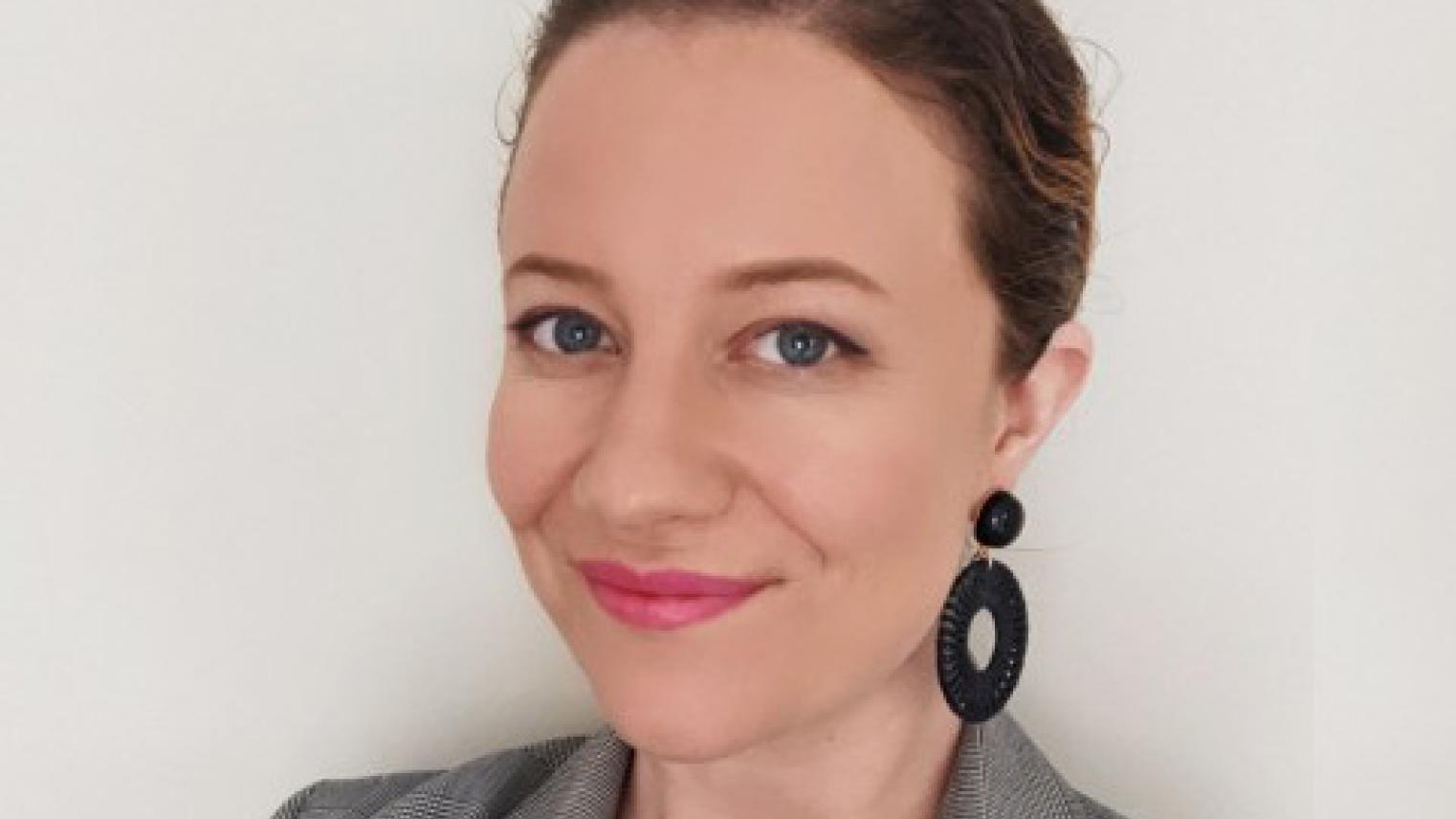Over the past decade, Preventing and Countering Violent Extremism (P/CVE) has become central to Western counter-terrorism efforts in Muslim-majority nations such as Indonesia. P/CVE emerged as a national security initiative during the Global War on Terror (GWOT) as part of efforts to prevent ‘radicalization’ among Muslim communities. Yet the policy attracted widespread criticism over what was seen as its securitising and racialised logic due to its near-exclusive focus on Muslim communities.
Western governments continue to invest heavily in P/CVE, including Australian-funded programs in Indonesia. P/CVE agendas have drawn civil society organisations (CSOs) into highly securitised frameworks. Indeed, CSOs have become pivotal to the operational effectiveness of international counterterrorism programs. Muslim CSOs are consistently highlighted as integral ‘local partners’ for the implementation of the P/CVE with the presupposition that such organisations have a proximate relationship to the ‘source of extremism.’ Critical Terrorism and scholars of development have criticised the idea that extremism can be pre-emptively identified and mitigated at the ‘local level’ within the Muslim world. This framing positions the ‘secure’ global north as the authoritative saviour, equipped with the requisite knowledge to aid local populations, while the ‘local Muslim community’ becomes the site of intervention.
In this seminar, I will present preliminary observations from interviews with Indonesian CSO workers, Indonesian security officials, donor employees, and public servants involved in the development of P/CVE programs. I present two arguments: first, these programs perpetuate reductionist, securitised, and harmful representations of young Indonesian Muslims – particularly so-called ‘conservative Muslims’; and second, that the merging of tolerance and pluralism promotion within the P/CVE agenda has contributed to the blurring of security and civic spaces due to the co-optation of Muslim CSOs into securitised development agenda. My findings point both to the problematic representations of Muslims embedded within the policy approach (Bacchi: 2016) and analyse the political implications of CSO cooptation.
Kate Grealy is a PhD candidate in the Department of Political and Social Change at the Coral Bell School of Asia and the Pacific.
Join Zoom meeting
https://anu.zoom.us/j/87820627268?pwd=aUJkRExheHpRbUI1dzFhT1NoWkE2QT09
Meeting ID: 878 2062 7268
Password: 033854
